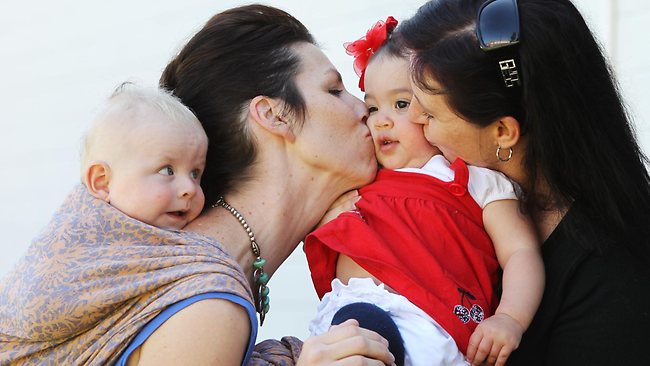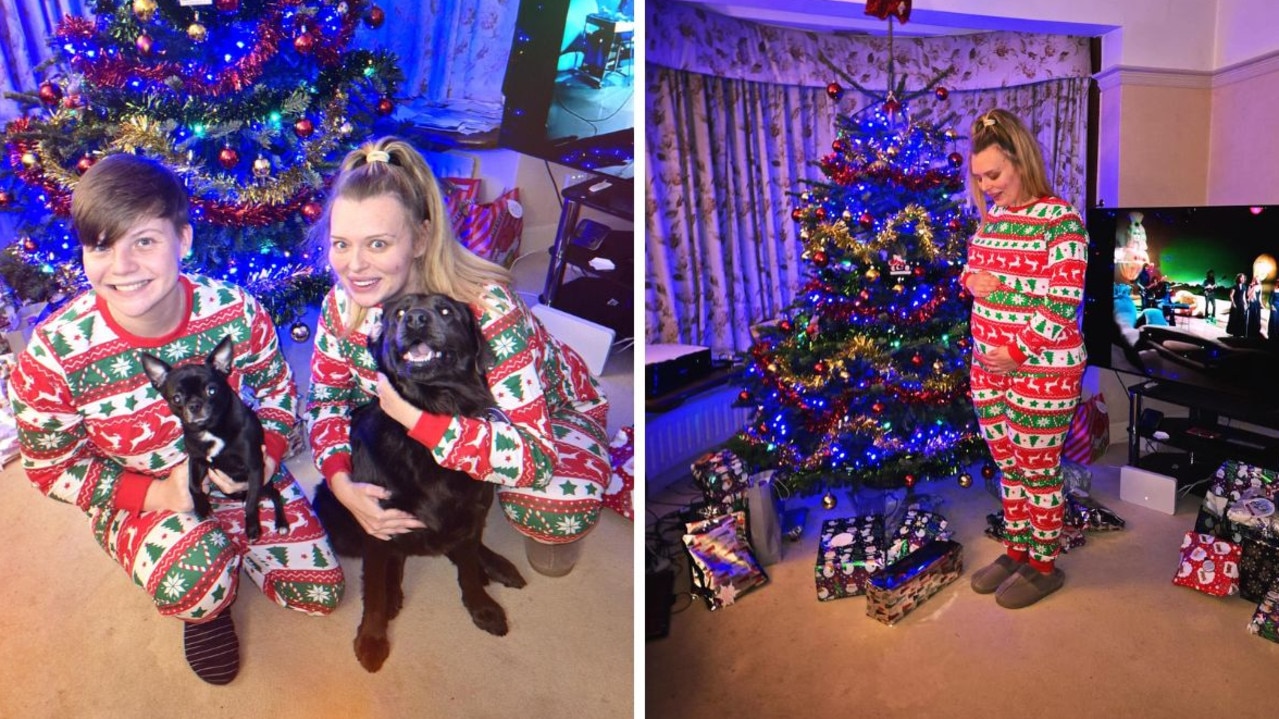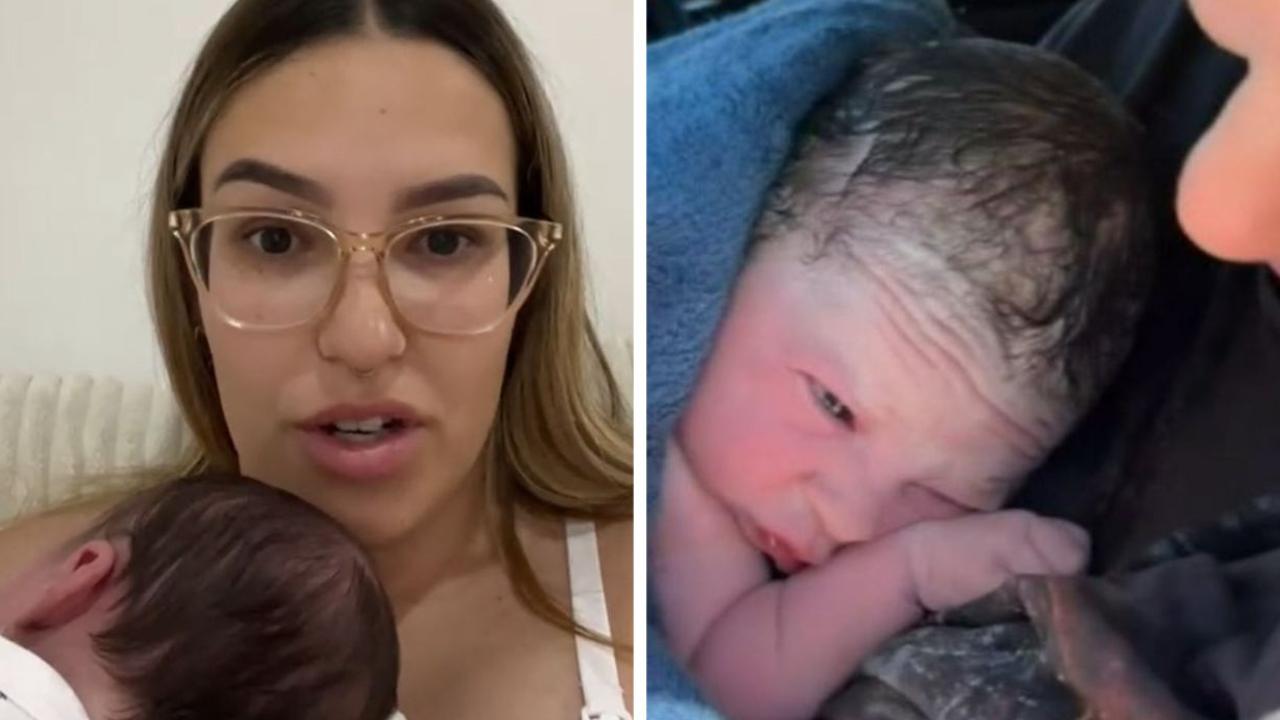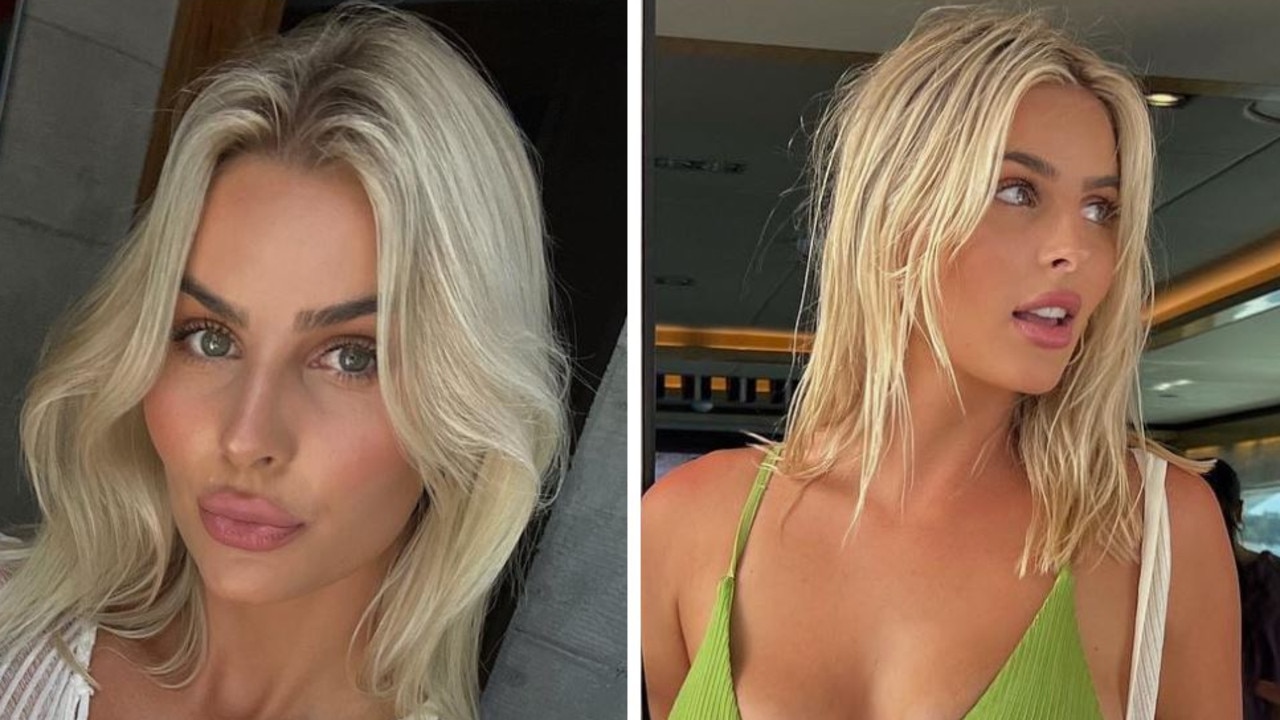Mothers find breast milk donors via Facebook
DESPERATE Adelaide mothers unable to breastfeed are using Facebook to find milk donors, as South Australia remains the only mainland state without a milk bank.

DESPERATE Adelaide mothers unable to breastfeed are using Facebook to find milk donors, as South Australia remains the only mainland state without a milk bank.
The "Human Milk 4 Human Babies" Facebook group has more than 9600 members worldwide, including more than 640 in South Australia.
The group helps match mothers with excess milk to those struggling to produce their own.
While health authorities warn sharing raw breast milk can spread bacteria and viruses such as HIV, hepatitis and leukaemia, many South Australian mums say the lack of an official milk bank which screens and pasteurises donations leaves them little choice.
Glynde mother of three Emily Melgar, 35, has been sourcing milk through the group for 13-month-old daughter Elena since April and describes it as "an absolute godsend". Elena was born four weeks premature and her small mouth and high palate - which made breastfeeding painful - a nipple infection and stress left Ms Melgar struggling to keep up with demand.
"I was expressing to feed and I was trying to care for two other children under five so I became very stressed. I was pretty much connected to my breast pump all the time," Ms Melgar said. She now receives weekly donations of frozen breast milk from fellow HM4HB member, Prospect mother of three Sarah Beale, 35.
Both women acknowledge the health risks involved, but say it's up to individuals to get to know potential donors and make their own assessment.
Queensland-based not-for-profit Mothers' Milk Bank is just one of just four centres in the country that screens and pasteurises breast milk.
Director Marea Ryan says the bank destroys about 20 per cent of the milk it receives every year due to bacterial contamination from breast pumps and containers, a figure she says should concern participants in milk sharing schemes.
"Certainly pasteurised, screened milk is going to be safer than sharing milk because of the risk of viruses," she said.
"But for some babies, say with gastrointestinal illness or digestion issues, milk sharing is the lesser of the two evils when compared to formula."
A 2008 Federal Government report recommended costing a national milk bank network, which was never adopted.
South Australian Labor MP Steve Georganas, who was deputy chairman of the parliamentary committee that authored the The Best Start report, said this week he was "disappointed" the issue had stalled. SA Health Minister John Hill said he was "happy to explore the issue" if there was a demand.



